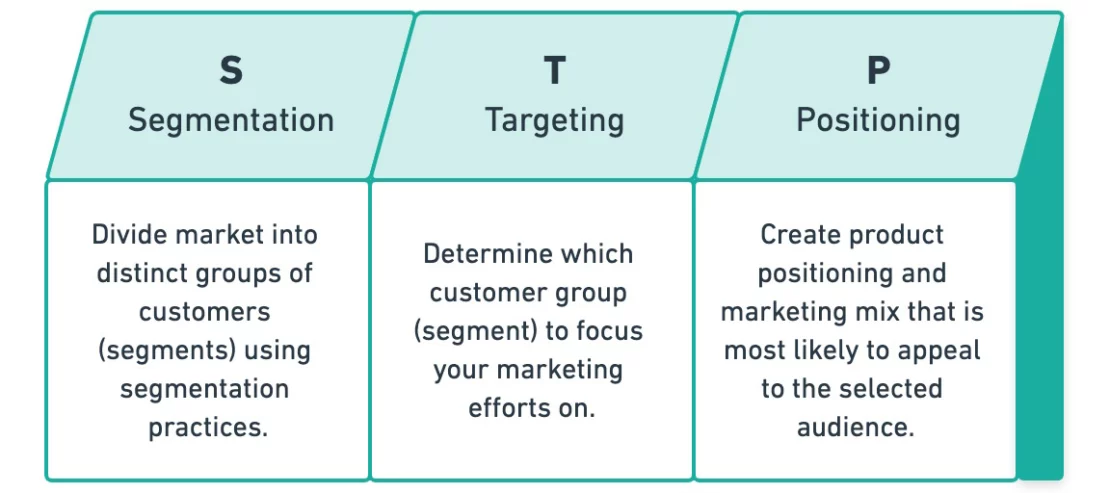Relevance in Advertising: Why Targeting Matters More Than Ever
In today’s fast-paced digital world, advertising saturation is a real concern. With countless ads vying for attention, one factor that can make or break a campaign is relevance. But what does “relevance” mean in the context of advertising, and why is it so crucial?
Note:
This article features content from the Marketing Made Clear podcast. You can listen along to this episode on Spotify:
What Is Relevance in Advertising?
At its core, relevance in advertising means that the ad content is meaningful and appropriate to the audience seeing it. This goes beyond simply promoting a product; it’s about ensuring that the right message reaches the right person at the right time. If an advertisement consistently promotes something a consumer would never or could never buy, it quickly becomes a source of frustration rather than engagement.
Take, for example, my recent experience on Facebook. As someone with dual citizenship in the UK and Australia, I’m accustomed to seeing a variety of ads tailored to these regions. But lately, I’ve been bombarded with ads encouraging me to relinquish my US citizenship, a citizenship I don’t even hold. This mismatch highlights a significant flaw in the ad targeting process. Instead of engaging me, these irrelevant ads only served to irritate and disengage.

The Importance of Targeted Advertising
This brings us to the crux of the issue: if an ad isn’t relevant, it’s not just ineffective, it can actively damage the brand’s reputation. In fact, irrelevant ads can feel like spam, cluttering up a consumer’s digital experience and leading them to tune out not just that particular ad, but potentially the brand altogether. This is why getting targeting right is so essential.
Advertising experts emphasise that targeting is more than just a phase in campaign planning; it’s a foundational strategy. Effective targeting ensures that the substantial effort put into conceptualising, scripting, designing, and approving an ad doesn’t go to waste. Instead, it guarantees that the ad reaches an audience that will find it relevant and, more importantly, be motivated to take action.

The Role of Segmentation, Targeting, and Positioning (STP)
This is where the principles of Segmentation, Targeting, and Positioning (STP) come into play, a topic that I plan to delve into further in an upcoming discussion. STP is a powerful approach to ensuring ad relevance:
- Segmentation involves dividing the market into distinct consumer groups based on characteristics such as demographics, behavior, or psychographics.
- Targeting is the process of selecting which of these segments to focus on.
- Positioning involves crafting a message that resonates with the chosen segment.
This method is not only simple and effective but also critical in a world where consumers are bombarded with countless messages daily. Despite its simplicity, however, many marketers still struggle to get it right.

How to Ensure Your Ads Are Relevant
To avoid the pitfalls of irrelevant advertising, marketers must take a strategic approach. Here are a few key steps:
-
Understand Your Target Audience: Who are they? What do they care about? What challenges do they face? Conducting thorough market research and utilizing data analytics are crucial in gaining these insights.
-
Analyse Your Competitive Landscape: What are your competitors doing? Understanding the broader market context can help you differentiate your brand while ensuring your messaging resonates with your target audience.
-
Stay Informed About Market Trends: The advertising landscape is constantly evolving. Staying on top of the latest trends helps ensure your campaigns are timely and relevant.
-
Have a Clear Strategy: As discussed in previous episodes, a well-defined strategy is the backbone of any successful campaign. This strategy should guide your media planning and ad placement, ensuring that your ads are seen by the right people, in the right place, at the right time.
Conclusion: Relevance Is Key
In conclusion, the relevance of an advertisement is not just a nice-to-have, it’s essential. As consumers become more selective about the content they engage with, ensuring that your ads are relevant can be the difference between a successful campaign and a wasted budget. By understanding your audience, leveraging the principles of STP, and staying informed about the latest trends, you can create ads that not only capture attention but also drive action.
Investing in relevance isn’t just about avoiding mistakes; it’s about ensuring that your advertising efforts lead to meaningful, measurable results.
Up Next:
More marketing hate!


